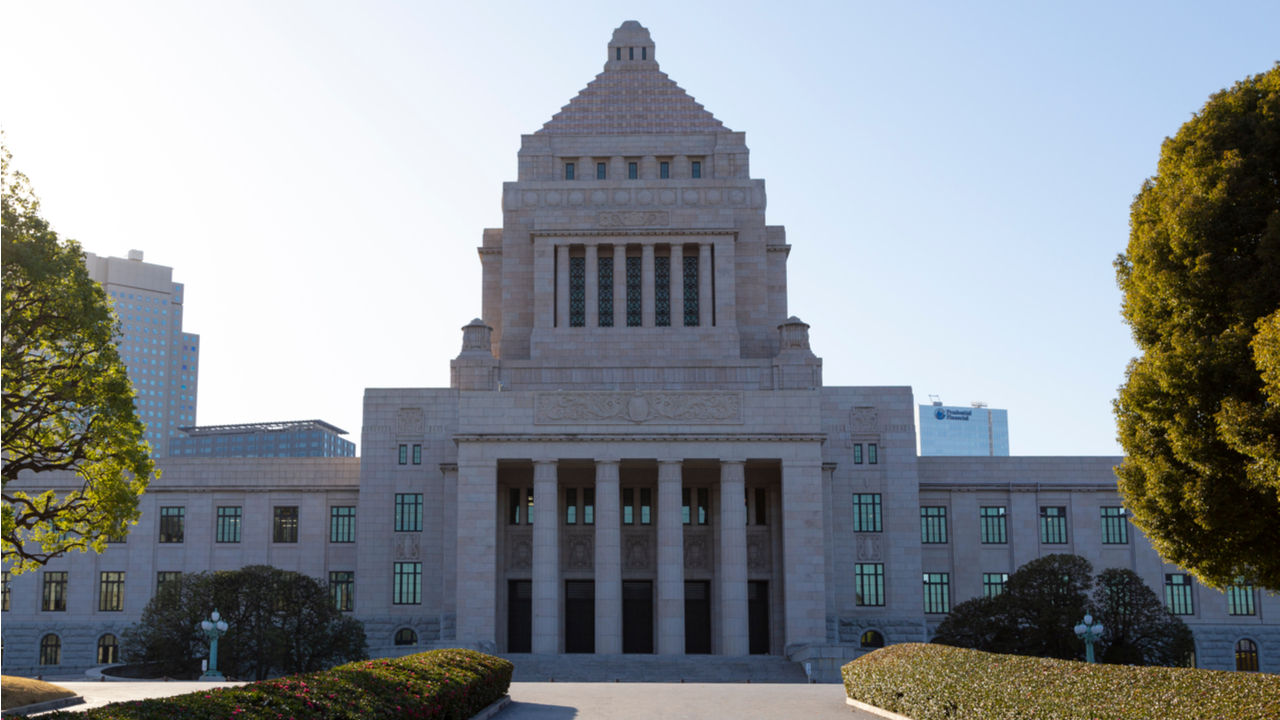
The parliament of Japan has approved a draft law tailored to regulate stablecoins in the country and protect investors. The new legislation is among the first to be introduced after the recent collapse of the algorithmic stablecoin terrausd.
Law on Stablecoins Approved in Japan in Aftermath of UST Collapse
Lawmakers in Japan have passed a bill designed to determine the legal status of stablecoins. The authors of the legislation have effectively defined these cryptocurrencies as digital money, Bloomberg reported following the vote on Friday.
With the new law, Japan becomes one of the first major economies to develop such a framework after last month’s collapse of the terrausd (UST) stablecoin and its sister cryptocurrency terra (LUNA). The development caused a major market slump and loss of confidence in stablecoins.
According to the provisions approved by the legislators, stablecoins must be pegged to the Japanese yen or another legal tender and guarantee holders the right to redeem them at face value. Only licensed banks, registered money transfer agents, and trust companies will be able to issue them in Japan.
An example is a stablecoin that the Mitsubishi UFJ Trust and Banking Corp. plans to circulate. The banking unit of the Mitsubishi UFJ Financial Group Inc. revealed that its Progmat Coin will be fully backed by the yen and redeemable.
Japan’s new legislation does not address, however, existing asset-backed stablecoins from overseas issuers like tether (USDT) or algorithmic stablecoins. Japan’s digital asset exchanges do not currently list such cryptocurrencies, the report notes.
Stablecoins, of which the leading ones include USDT, Circle’s usd coin (USDC), and binance usd (BUSD), have a combined value of over $160 million. Although they are supposedly safe for holders, regulators around the world have been working to adopt regulations for this type of crypto asset due to their role for the whole crypto market, highlighted by the terrausd implosion. Ensuring investor protection is another major consideration.
The new legal framework adopted by the Japanese parliament will take effect in a year. Meanwhile, the country’s Financial Services Agency (FSA) intends to introduce regulations governing the activities of stablecoin issuers in the coming months.
Do you expect other major economies to adopt dedicated legislation for stablecoins in the near future? Tell us in the comments section below.














